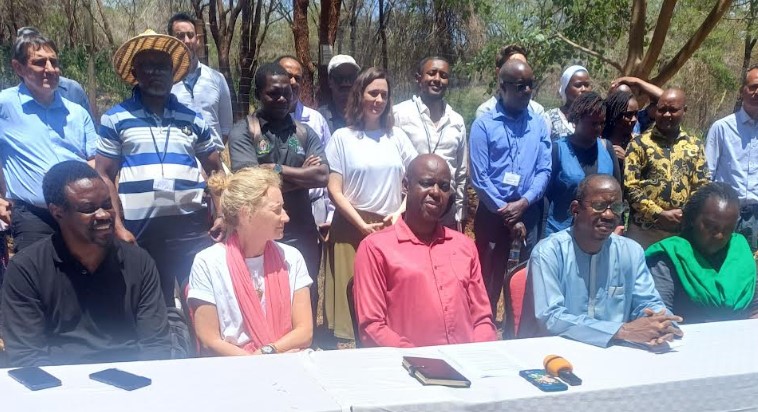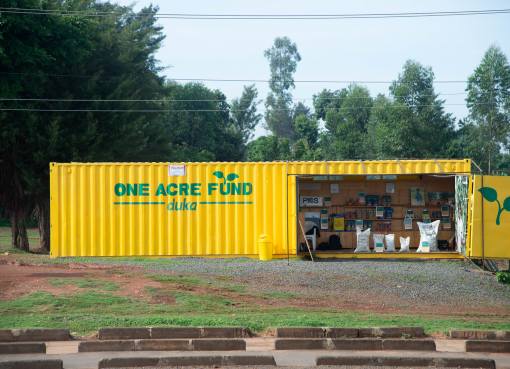Stakeholders representing smallholder food producers, civil society organisations, researchers, and policymakers in Africa have called on governments to invest in agroecology to advance food sovereignty across the continent.
The stakeholders, led by the Eastern and Southern Africa Small-Scale Farmers Forum (ESAFF) Chairperson Hakim Baliraine, urged African states to prioritise agroecology by developing and funding policies that support farmers, seed sovereignty, and sustainable food production.
Speaking during an agroecology workshop in Sagana, Baliraine expressed concern over the persistent disconnects between policy directives and the real needs of small-scale farmers, pastoralists and rural communities.
Baliraine said smallholder food producers, who produce the majority of Africa’s food, face immense challenges, including limited access to land, resources, and policy recognition.
“Past frameworks have often failed to adequately address the needs of Africa’s smallholder food producers, who are the backbone of our food systems,” he said.
The chairperson said governments should support participatory research that addresses the unique needs of smallholder farmers and advocate for agroecological solutions to climate change to enhance resilience.
“Agroecology is not just a farming method, but a movement that prioritises people, nature, and local knowledge,” he said, adding that it promotes biodiversity, healthy soils, and social equity, while rejecting harmful practices like the use of toxic and synthetic inputs.
He said they are dedicated to building a future where agroecology thrives, women are empowered, and food sovereignty is realised across Africa by advocating for policy changes to end hunger.
“Agroecology has the potential to transform Africa’s food systems and governments should take urgent action to support sustainable, equitable, and resilient food production,” Barilaine said.
He observed that all African governments should follow Senegal’s lead and allocate at least 50 per cent of their agricultural budgets to agroecology.
Executive Director of the Institute for Research and Promotion of Alternatives in Development (IRPAD) Mamadou Goita divulged that agroecology is essential for safeguarding African biodiversity, enhancing soil quality, improving nutrition and health and increasing resilience to climate and other crises to strengthen local food systems.
“Agroecology offers an opportunity to transform African agriculture sustainably, rooted in the knowledge and traditions of smallholder farmers, hence strengthening the resilience of our food systems,” he said.
The Biodiversity and Biosafety Association of Kenya (BIBA Kenya) National Coordinator Anne Maina, on her part, said last year, Kenya established a National Agroecology Strategy for Food System Transformation.
Maina said the Strategy seeks to foster a transition to resilient and sustainable agriculture and food systems through agroecological approaches and promote sustainable consumption of healthy diets for all.
“Now that Kenya has established a National Agroecology Strategy, consumers have to demand safe food that is free from toxic pesticides and synthetic fertiliser and move towards demanding food that is agroecologically produced,” she said.
The coordinator also said Murang’a County has established an Agroecology Policy and Act, where local governments, civil society, and farmers collaborated to create inclusive, people-centred policies.
“Murang’a County has an Agroecology policy put in place to provide for regulations, development and promotion of agroecology and organic food systems,” said Maina, adding that other counties are also in the process of developing their own agroecology policies.
The stakeholders visited Wakas Farm in Sabasaba, an agroecology farm used as a demonstration farm by the county government of Murang’a and civil society organisations for training on agroecological practices.
The five-day African agroecology workshop was funded by the Bread for the World organisation, which brought together over 100 participants from 22 African countries.
Those who attended the forum urged African states to incorporate agroecology-based policies for food systems transformation.
By Anita Omwenga




